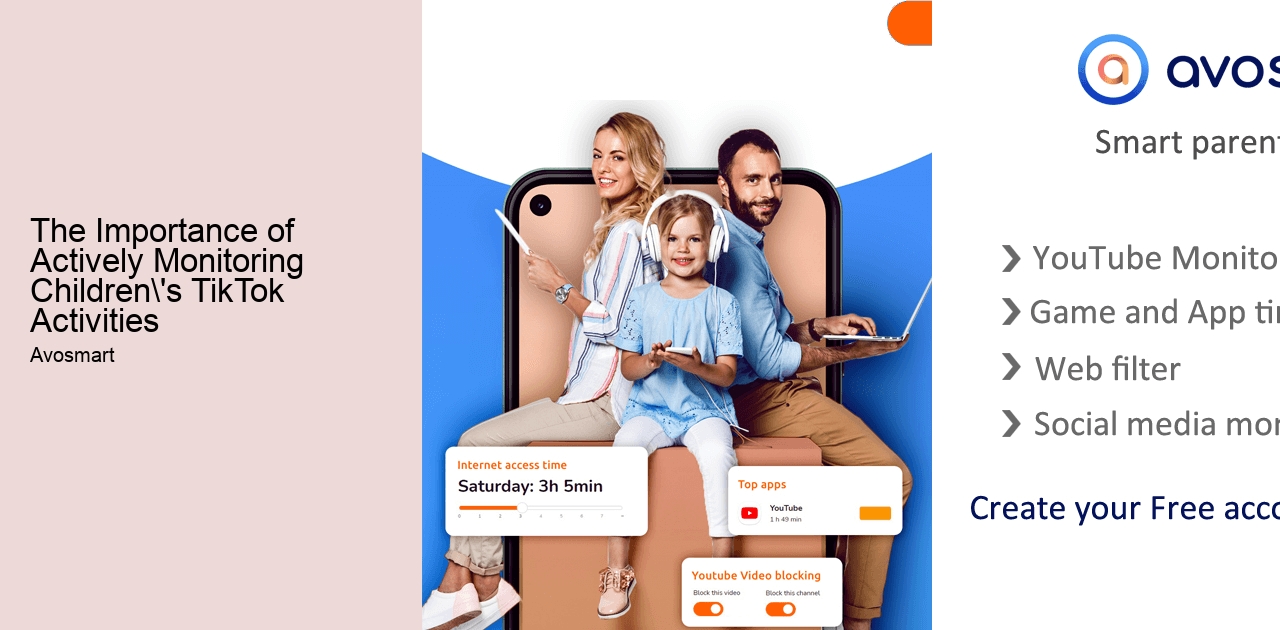
The Risks of Unmonitored TikTok Usage for Children
The Importance of Actively Monitoring Children's TikTok Activities
Unmonitored TikTok usage for children poses several risks. Firstly, there is a potential for exposure to inappropriate content, including explicit language, violence, and sexual content. Secondly, children may be targeted by online predators who use the platform to groom and exploit vulnerable individuals. Additionally, excessive screen time spent on TikTok can negatively impact children's mental and physical health, leading to issues such as sleep deprivation and decreased physical activity. Lastly, unmonitored TikTok usage can also result in cyberbullying, as children may be subjected to harassment or humiliation from their peers. Therefore, it is crucial for parents to closely monitor their children's TikTok usage to ensure their safety and well-being.


